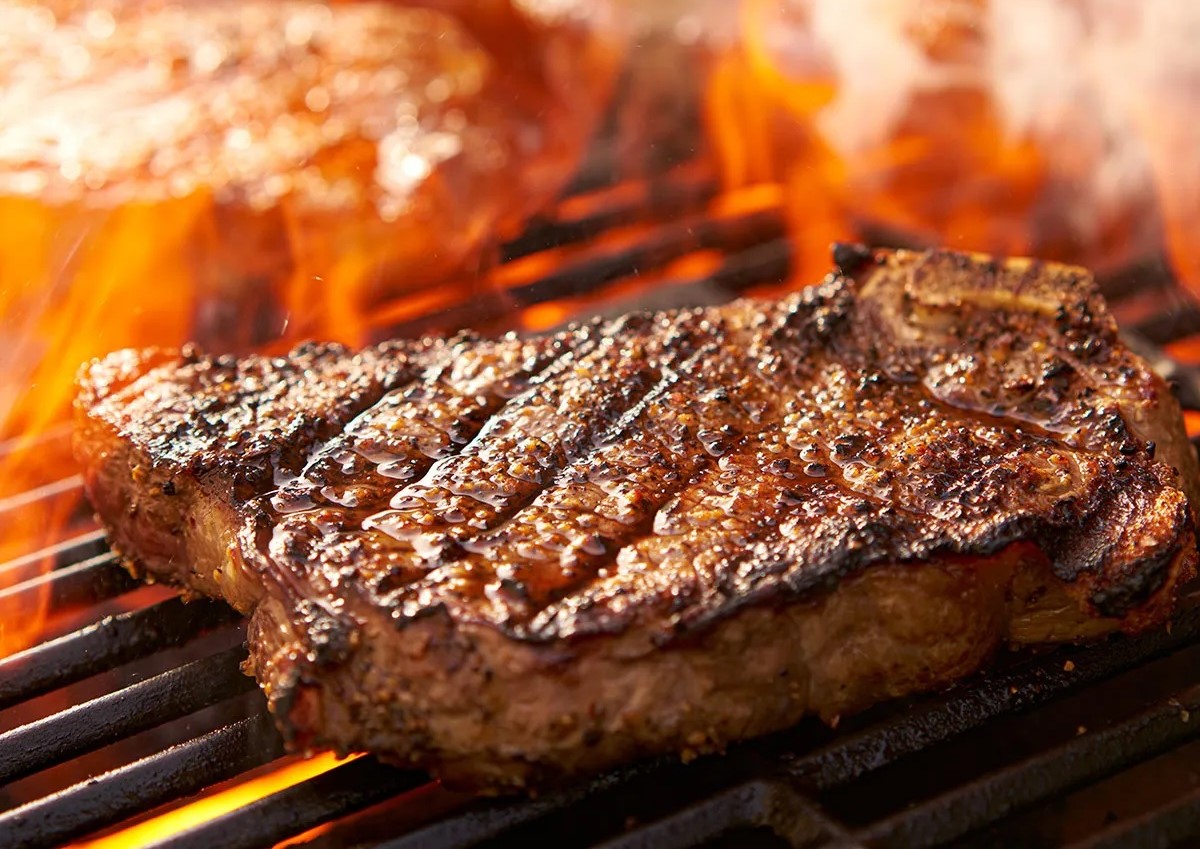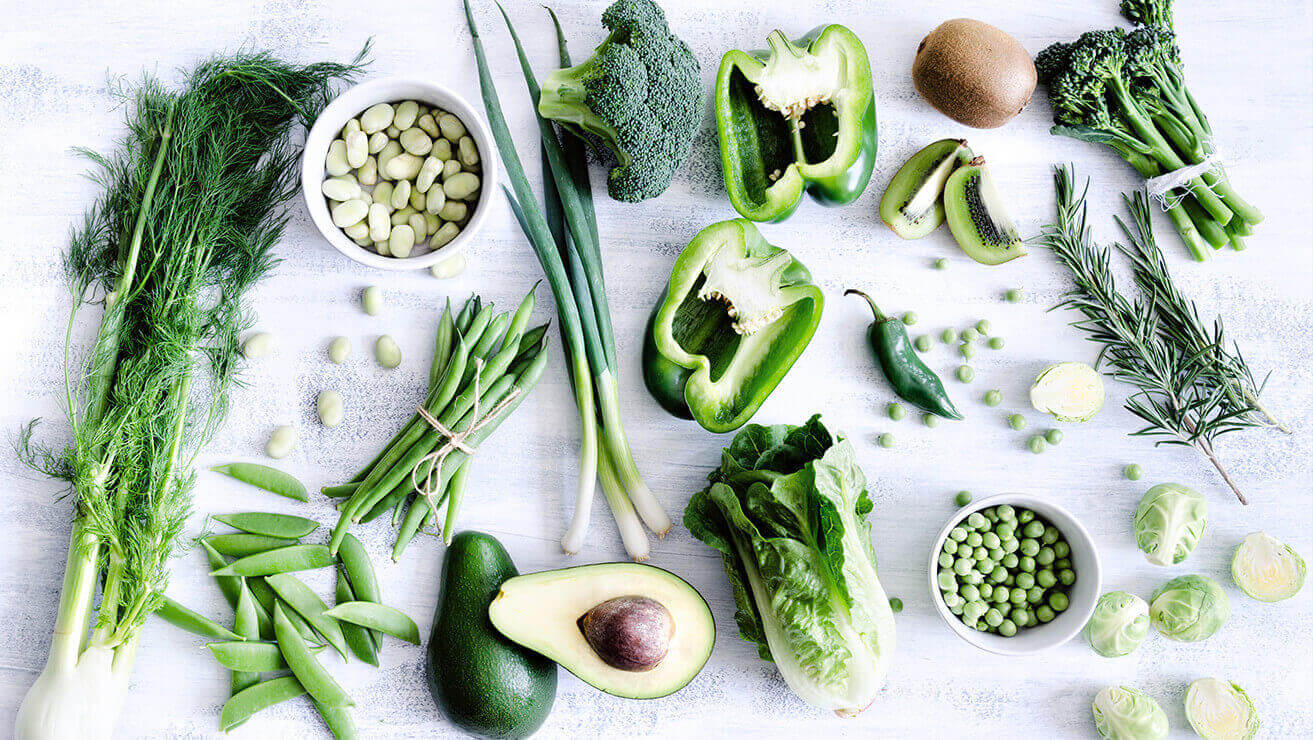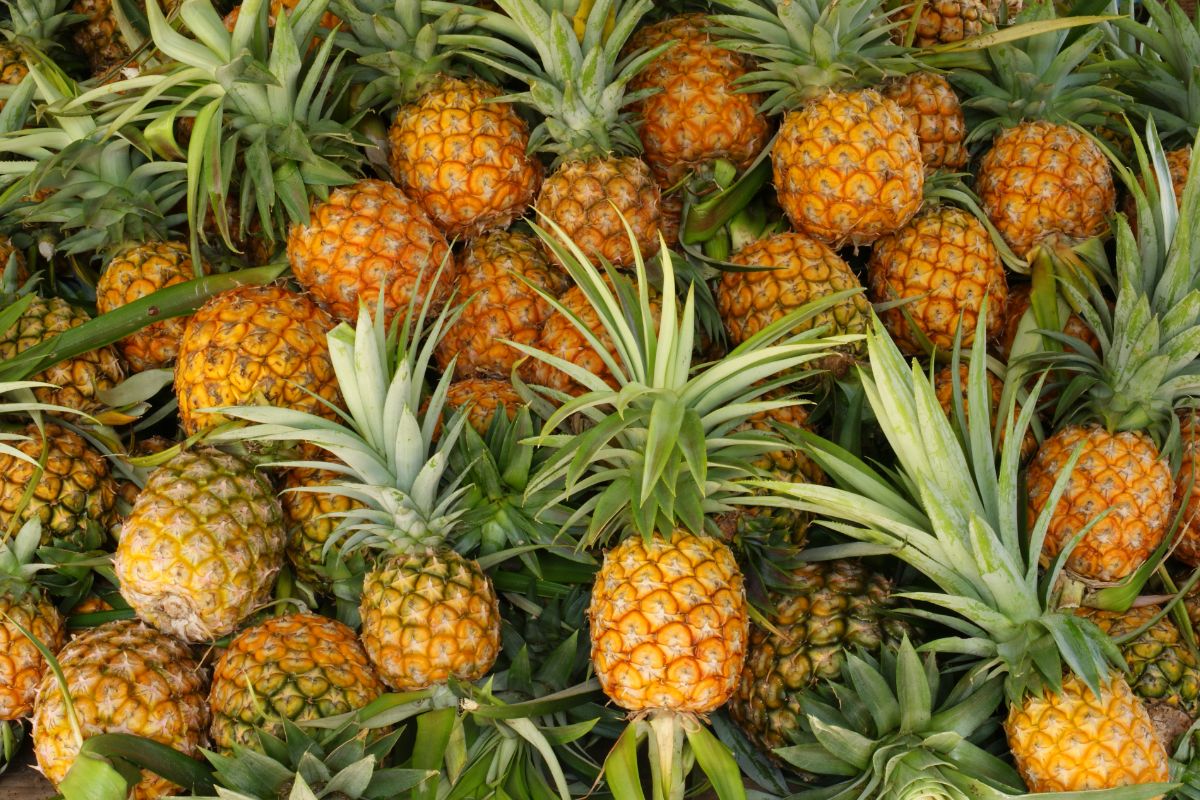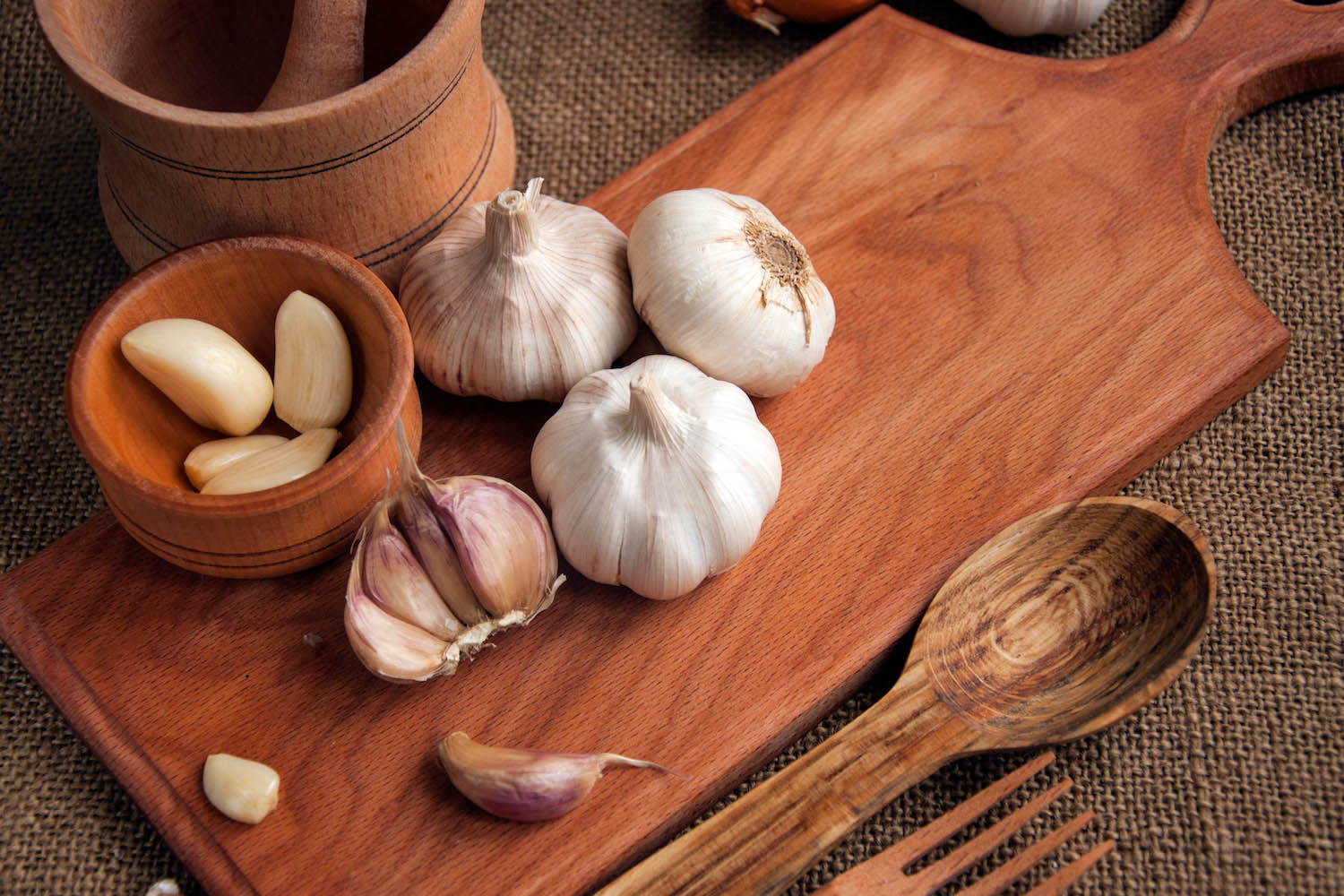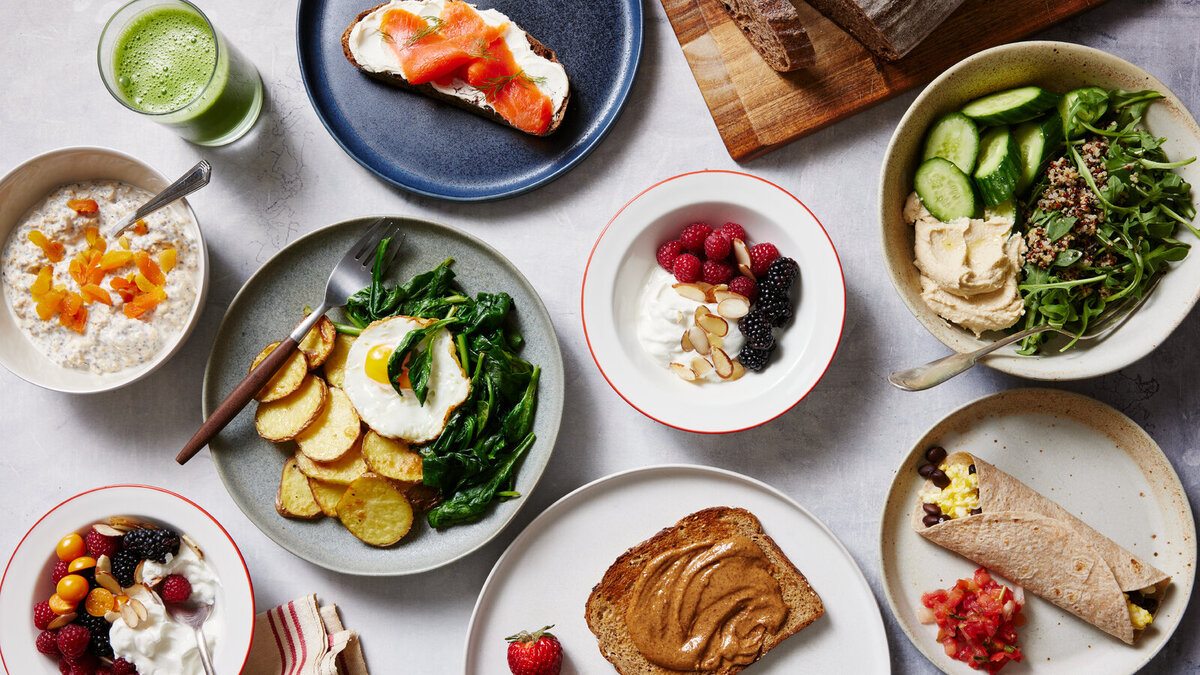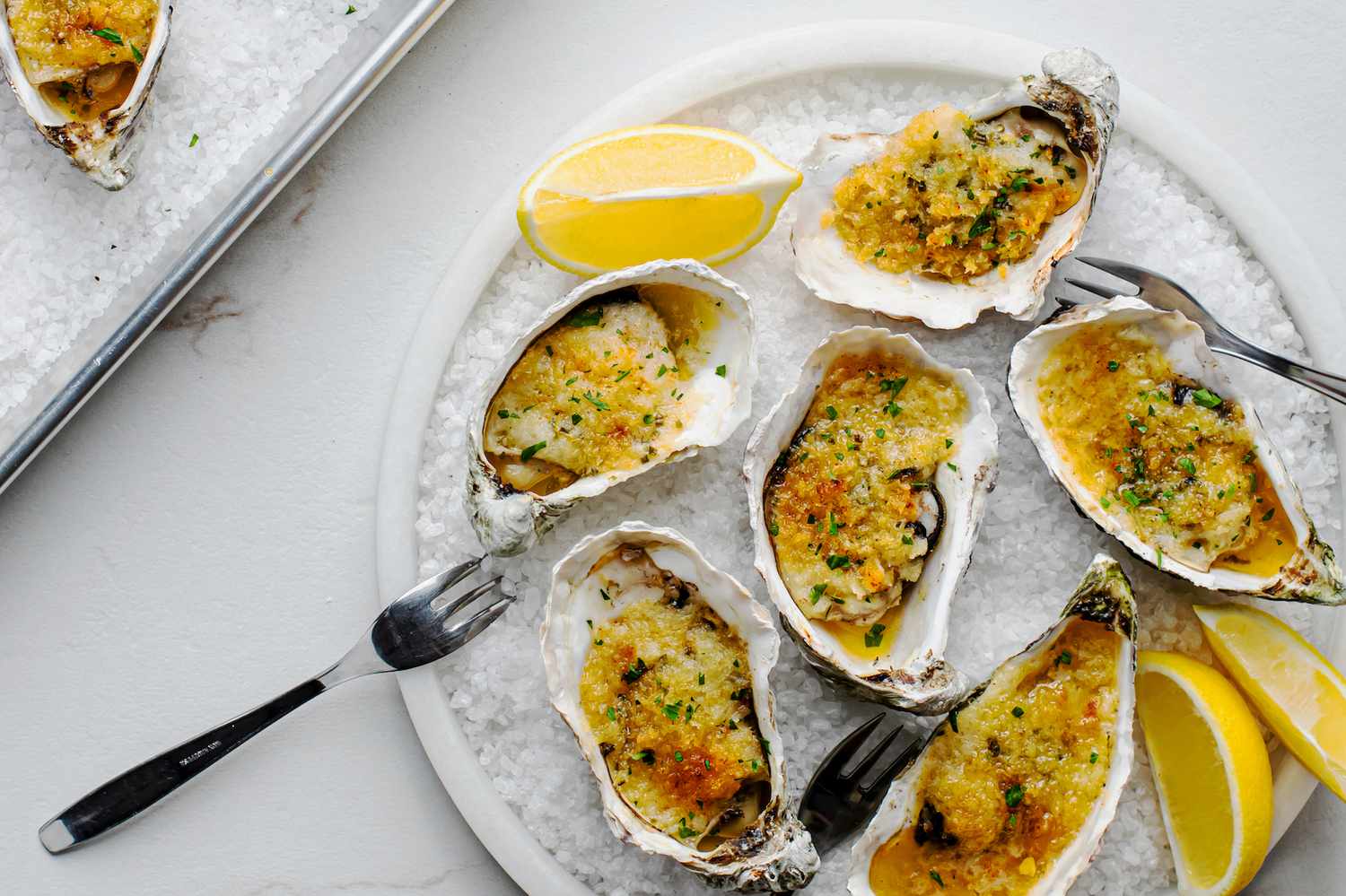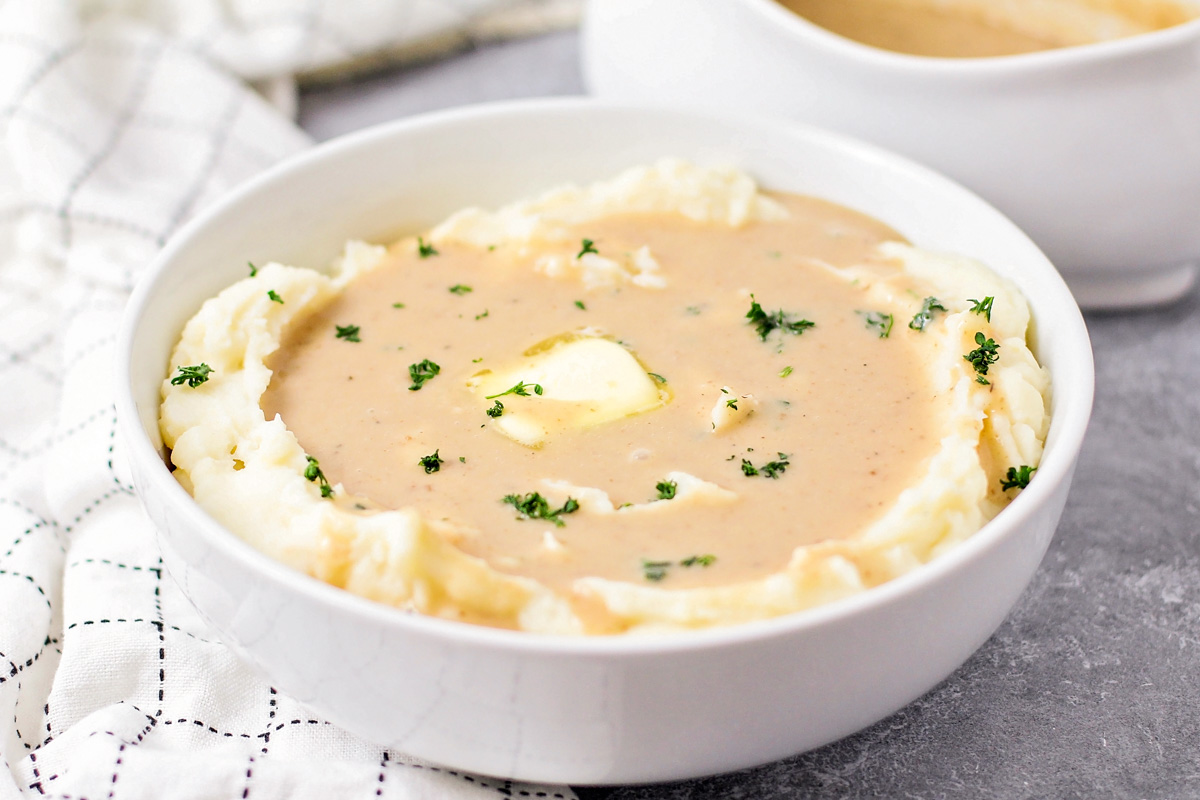Enjoying Raw Vegetables Without Jaw Pain
Raw vegetables are a fantastic source of essential nutrients, fiber, and antioxidants. However, for some people, biting into raw vegetables can be a painful experience, especially for those with sensitive jaws or dental issues. If you’re one of those people, fear not! There are ways to enjoy raw vegetables without hurting your jaw. Here are some tips to help you savor the crunch without the discomfort.
Choose the Right Vegetables
Not all raw vegetables are created equal when it comes to jaw-friendly options. Some vegetables are naturally softer and easier to chew, making them a better choice for those with sensitive jaws. Opt for vegetables such as:
- Cucumbers: With their high water content, cucumbers are refreshing and gentle on the jaw.
- Tomatoes: Ripe tomatoes can be juicy and soft, making them easier to bite into.
- Avocados: While technically a fruit, avocados offer a creamy texture that is gentle on the jaw.
- Steamed Vegetables: If raw vegetables are too tough, lightly steaming them can soften their texture, making them easier to chew.
Preparation Is Key
How you prepare your raw vegetables can make a big difference in how easy they are to eat. Here are a few preparation tips to help minimize jaw pain:
- Chop or Dice: Cutting raw vegetables into smaller pieces can make them easier to chew and less taxing on your jaw.
- Marinate: Marinating raw vegetables in a vinaigrette or citrus-based dressing can help soften their texture and add flavor.
- Blanching: Briefly blanching vegetables in boiling water can slightly soften them, making them more jaw-friendly.
Consider Dipping Sauces
Pairing raw vegetables with a delicious dipping sauce can not only enhance their flavor but also make them easier to eat. Opt for softer dips such as hummus, guacamole, or yogurt-based dressings. The creamy texture of these dips can help lubricate the vegetables, making them gentler on your jaw.
Take It Slow
When eating raw vegetables, it’s essential to take your time and chew slowly. Rushing through your meal can put unnecessary strain on your jaw. By taking smaller bites and chewing thoroughly, you can make the experience more comfortable and enjoyable.
Consider Alternatives
If raw vegetables continue to cause discomfort, consider alternative ways to incorporate them into your diet. Blending raw vegetables into smoothies or juicing them can provide the same nutritional benefits without the need for extensive chewing. Additionally, incorporating cooked vegetables into your meals can offer a gentler option for your jaw.
Seek Professional Advice
If you experience persistent jaw pain or discomfort when eating raw vegetables, it’s essential to consult with a dental or medical professional. They can assess any underlying issues and provide personalized recommendations to help you enjoy a varied and nutritious diet without discomfort.
With these tips in mind, you can savor the goodness of raw vegetables without the fear of jaw pain. By choosing the right vegetables, preparing them thoughtfully, and taking your time to enjoy them, you can make raw vegetables a delicious and comfortable part of your diet.
